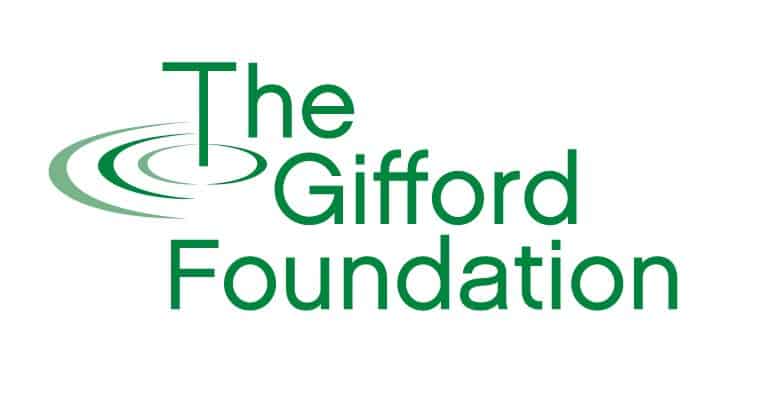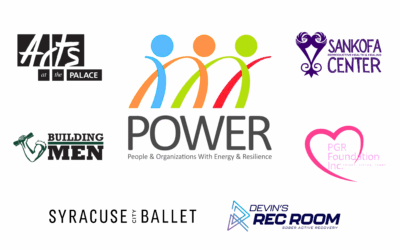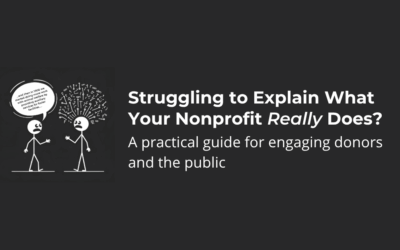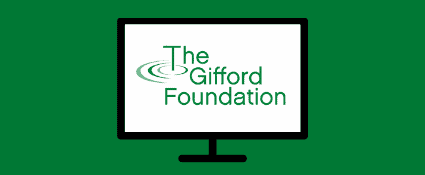Published January, 2025
According to the Food Bank of Central New York, nearly 180,000 people in their 11-county service area are food insecure. That’s 180,000 people who—by the US Department of Agriculture’s measure—lack access to enough nutritionally adequate foods for an active, healthy lifestyle for all household members.
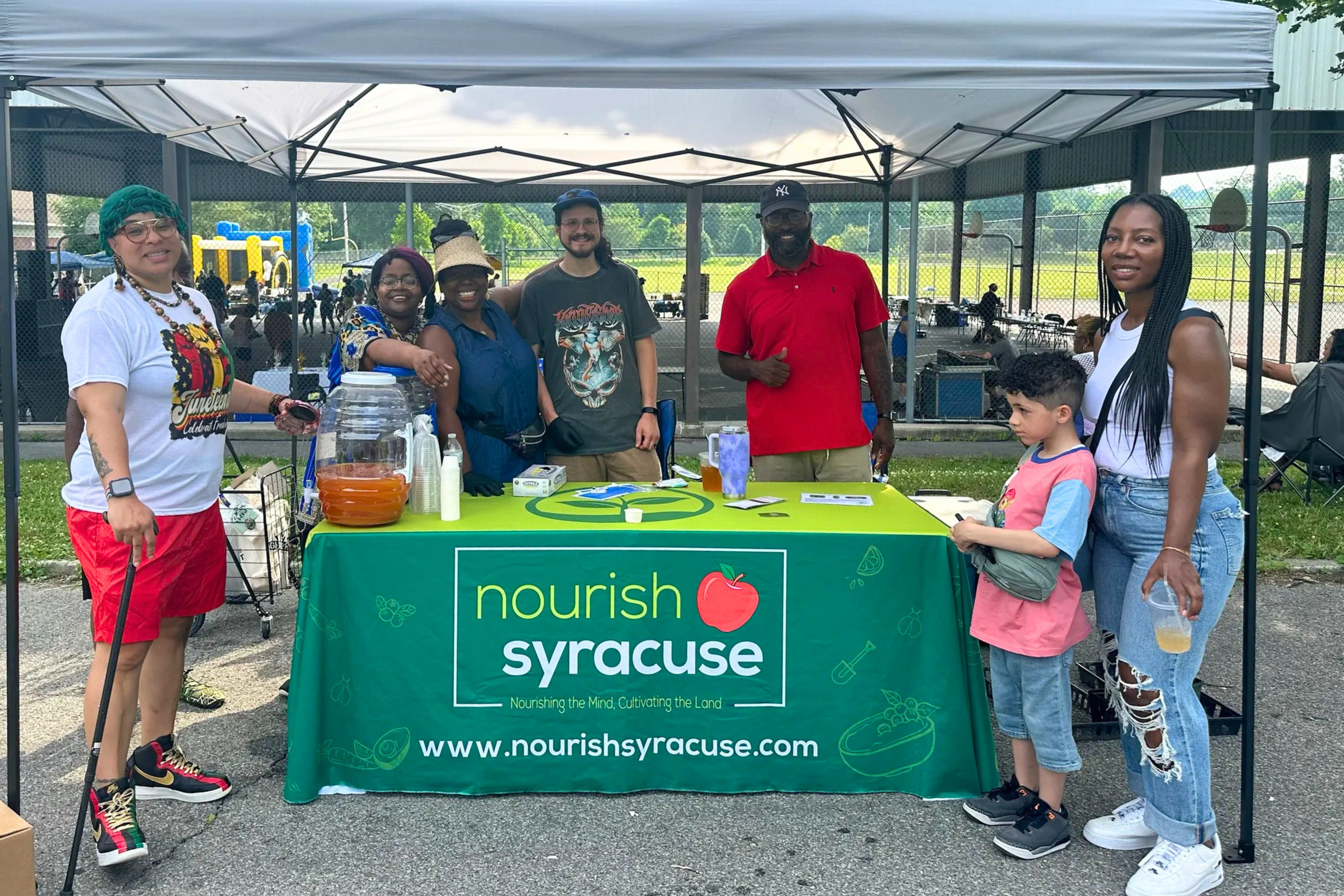
Madlock and fellow Nourish Syracuse volunteers.
Here in Syracuse, where half of the city’s children are living in poverty, Black communities with mixed low to middle-income households are disproportionately impacted by this struggle.
To combat these and other food equity issues, a group of urban agriculture activists led by Charles Madlock, launched Nourish Syracuse, a campaign dedicated to addressing food insecurity and building sustainable food systems through community empowerment, education, and equitable access to fresh food.
At the heart of their efforts is the Sow and Grow Scholars program, an initiative introducing students to urban agriculture and the value of healthy eating. Twice a week, students at McKinley-Brighton Elementary engage in hands-on gardening lessons, from planting seeds to harvesting fresh produce. Participants gain valuable skills in teamwork, responsibility, and environmental care while building healthy habits for their bodies and minds. By partnering with local farmers, Sow and Grow Scholars brings fresh ingredients into the classroom, teaching students where their food comes from and why nutrition matters.
“Gardening is about more than just food,” explains Madlock. “It’s about creating healthier habits and stronger communities.”
Madlock, a food justice advocate, graphic designer, and urban agriculture innovator, believes that starting with youth education on these matters will ultimately create change among families and communities. A transplant from Jackson, Mississippi, Madlock found his calling in urban farming after moving to Syracuse. Today, he serves as an Urban Agriculture Consultant with Golden Carat Farms, chairs the Urban Agriculture Committee for Black Farmers United – NYS, and manages several community gardens. Through his work, he has become a leading voice for equitable food systems and a champion for small farmers.

In 2024, Nourish Syracuse received a “What If…” grant from the Gifford Foundation to construct a community garden across from McKinley-Brighton. The garden will serve as an outdoor classroom, connecting students to the food they eat while providing a resource for neighborhood residents.
In addition to the garden, Nourish Syracuse plans to host educational community dinners and connect local farmers with sellers, further expanding access to fresh food in underserved areas. Madlock is also working on legislative solutions to tackle systemic issues like food deserts and land loss in communities of color.
With continued support from foundations like Gifford and the Syracuse community, Nourish Syracuse is planting the seeds for a more equitable and sustainable future.
Those interested in supporting their work should visit nourishsyracuse.com to learn more. Residents are also encouraged to take their Urban Agriculture Survey to provide information about neighborhood food access issues.
Get to Know the Black Artist Collective – and Don’t Miss Freedom Fest 2025
And Don’t Miss Freedom Fest 2025!by Kristin Sheehan, Sheehan CommunicationsPublished June 2025If you live in Syracuse, there’s a good chance you’ve already experienced the creative energy of the Black Artist Collective (BAC)—whether at a community action event, art...
Meet the Six Organizations Selected for Gifford’s 2025 POWER Program
Published June, 2025 The Gifford Foundation is excited to announce the six organizations selected for the 2025–2026 POWER cohort. People & Organizations with Energy & Resilience is a 12-month capacity-building initiative designed to strengthen grassroots and...
Struggling to Explain What Your Nonprofit ReallyDoes?
A practical guide for engaging donors and the public.by Kristin Sheehan, Sheehan CommunicationsPublished June 2025Clear, compelling communication is one of the most valuable tools a nonprofit can have—yet it’s something most struggle with. Your work is complex,...
Subscribe to the Gifford Newsletter
Start enjoying our free quarterly publication today.
